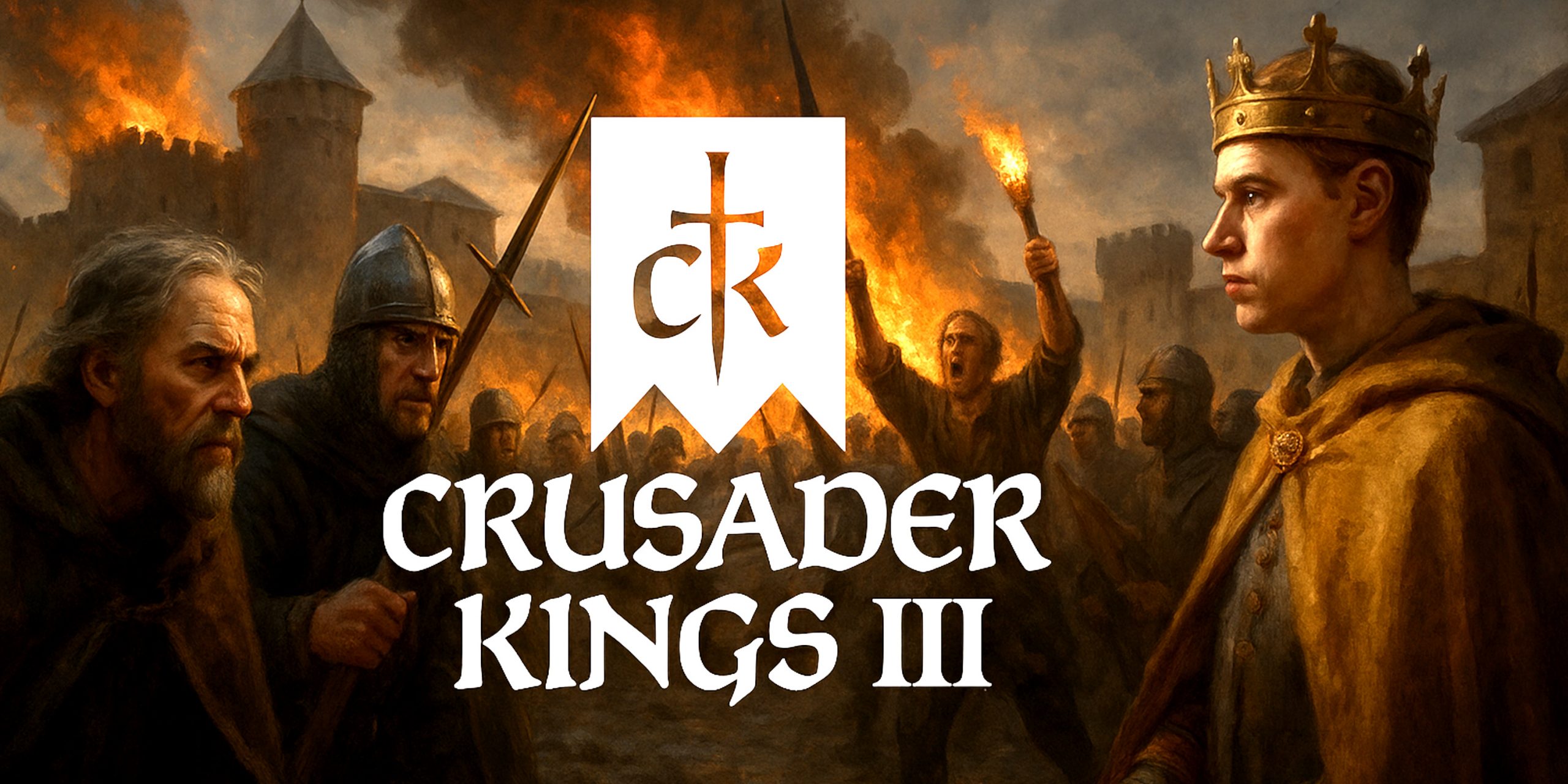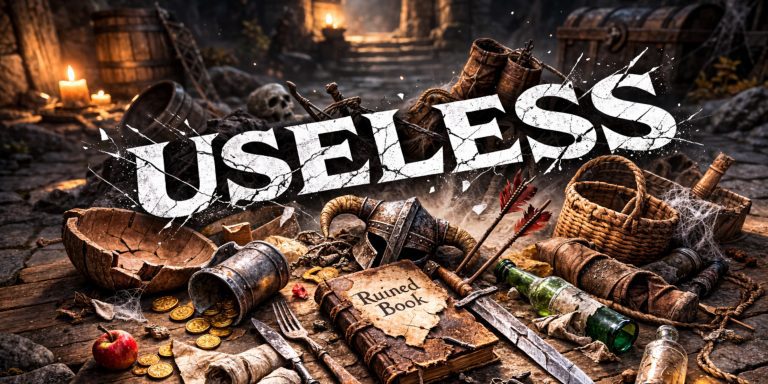
There’s something deeply satisfying about watching your rival’s kingdom crumble from the inside. In Crusader Kings 3, you don’t always need to raise an army or march across borders to destroy your enemies. Sometimes, the smartest move is to let them burn their own house down while you sit comfortably in your throne room with a goblet of wine and a knowing smirk.
Fomenting revolt is one of the game’s most underrated strategies. Done right, it’s chaos with a purpose, and it lets you reshape the political map without spilling much of your own blood.
Why Start a Revolt?
Before plotting insurrection, ask yourself what you actually gain. Are you hoping to weaken a rival empire, carve off a duchy for yourself, or simply watch the world burn? Each reason changes your approach.
- Strategic gain: Destabilise your enemy so they’re too busy fighting themselves to challenge your borders.
- Territorial opportunity: Wait for civil war to erupt, then invade when both sides are weak.
- Petty satisfaction: Because that arrogant king of West Francia really deserves to suffer.
Finding the Right Target
Not every realm is ripe for rebellion. Some kings are too beloved, and some councils too loyal. You need cracks in the foundation.
Look for:
- Low crown authority: Vassals have more freedom to plot.
- Unpopular rulers: Especially those with traits like Tyrant, Kinslayer, or Excommunicated.
- Discontent factions: Hover over the faction tab to see who’s ready to turn.
- Poor diplomacy: Rulers who can’t charm their nobles tend to lose them quickly.
If your rival’s vassals already hate them, all you need to do is give the right nudge.
How to Light the Fuse
There’s no single “Revolt” button in CK3, so you’ll have to get creative. The trick is to combine espionage, diplomacy, and timing.
1. Use Your Spymaster Wisely
Send your Spymaster to find secrets or disrupt schemes within the target realm. If you discover a scandalous secret, you can blackmail a powerful vassal to turn them against their liege.
2. Spread Dissent
Use the Fabricate Claim on Liege or Hostile Scheme: Sway/Invite to Faction mechanics. Vassals are surprisingly open to rebellion if they feel others will join.
3. Sabotage Relationships
If you’re married into their court, or have agents there, use personal schemes to sour friendships and spread rumours. The AI reacts strongly to negative opinion modifiers.
4. Wait for Weakness
Strike when the ruler’s prestige is low, succession is disputed, or a child inherits the throne. Internal strife follows incompetence like night follows day.
Manipulating Factions
Factions are the lifeblood of internal revolt. You can’t directly join another realm’s faction, but you can encourage it from the sidelines.
- Befriend faction leaders. Once friendly, they may ally with you or send their heirs to your court.
- Marry into discontent houses. A marriage can give you leverage over rebellious vassals.
- Send gold or hooks. A small bribe can tip the scales of rebellion.
When the civil war breaks out, support your preferred side diplomatically or militarily at just the right moment to guarantee the outcome you want.
Capitalising on the Chaos
A revolt doesn’t end with victory; that’s where the real fun begins.
- Invade during the war. When both armies are exhausted, a surprise invasion can net you quick territory.
- Offer alliances or marriages. Newly crowned rebels often seek stability.
- Assassinate survivors. Ensure no rival power re-emerges once the dust settles.
It’s a delicate balance of manipulation and timing. You’re not just playing chess; you’re quietly flipping the board.
The Moral of the Story
In Crusader Kings 3, fomenting revolt isn’t just about winning, it’s about storytelling. Watching your rival’s vassals turn against them because of secrets you planted months ago is the essence of the game’s long-form intrigue.
It’s not honourable, and it’s definitely not clean, but it’s immensely satisfying. And when your enemy’s capital burns, remember: you never fired a single arrow.










